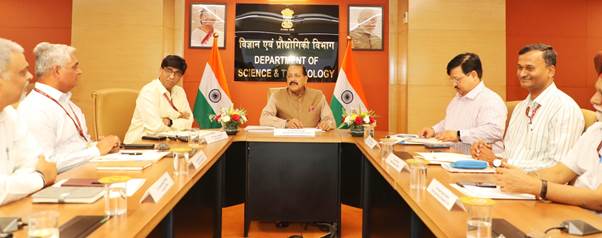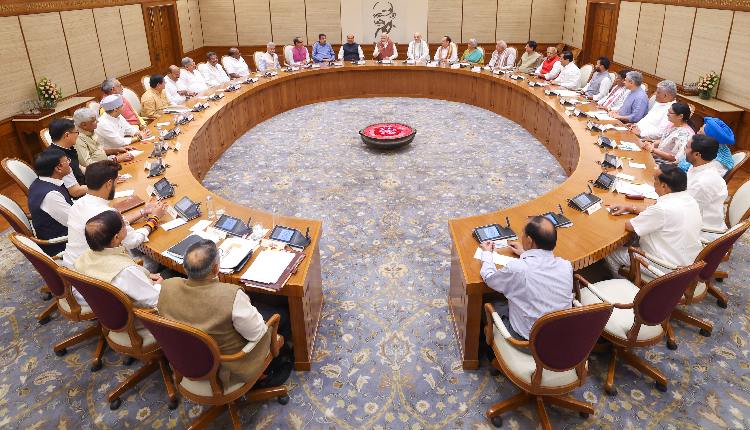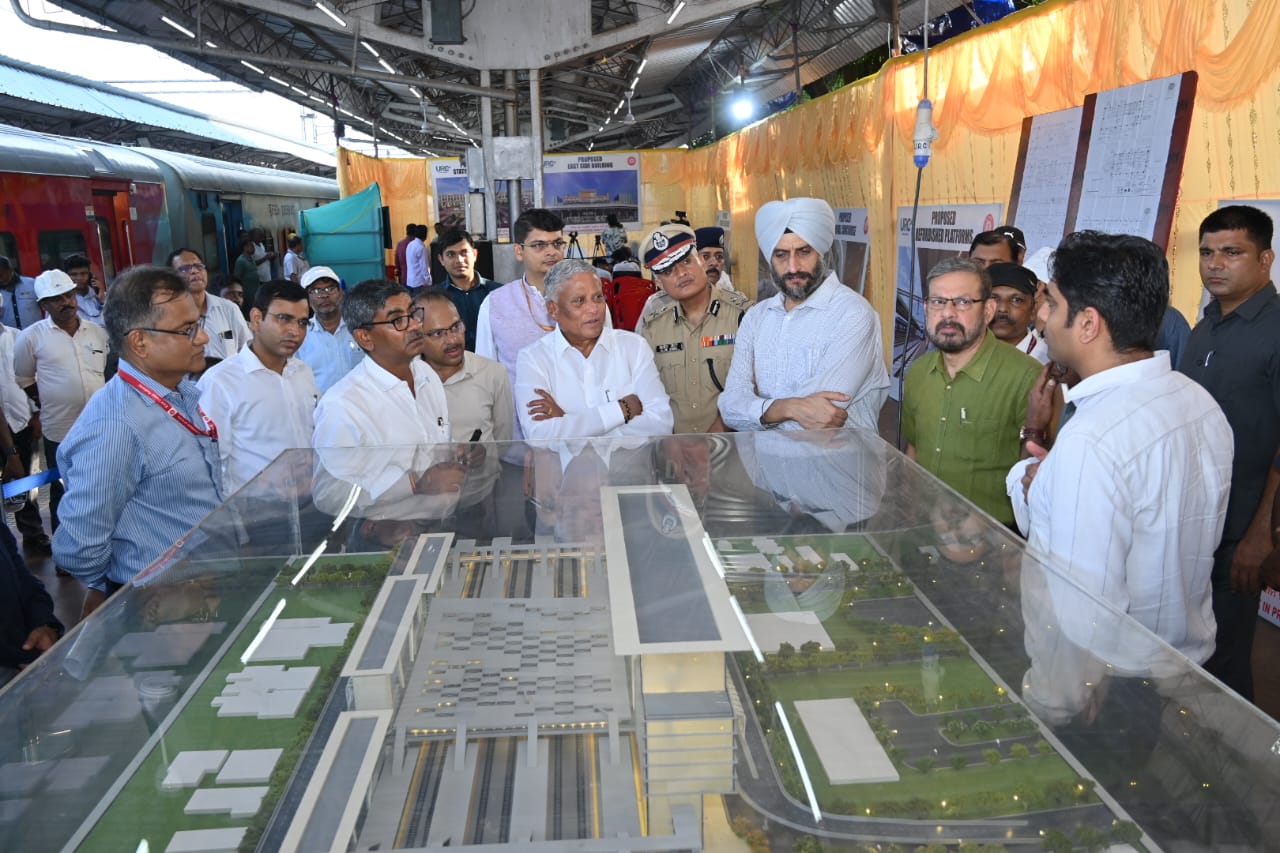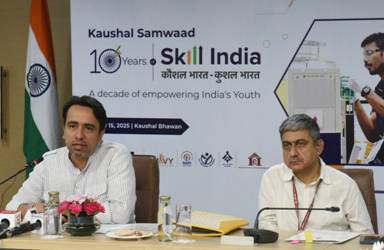New Delhi: India has produced over 40 quantum technology start-ups in the past two years, some of which possess global potential, announced Dr. Jitendra Singh, Union Minister of State (Independent Charge) for Science and Technology, Minister of State (Independent Charge) for Earth Sciences, MoS PMO, Department of Atomic Energy and Department of Space, and MoS Personnel, Public Grievances, and Pensions. This announcement was made today during a review meeting of the Department of Science & Technology (DST) in New Delhi.
Chairing the meeting, Dr. Singh directed officials to focus on the flagship National Quantum Mission, emphasizing the development of quantum technologies and quantum communication. “India is currently on an equal pedestal with other nations in terms of quantum technologies,” he noted, adding that the mission should aim to establish India as a global leader in this cutting-edge field.
Highlighting the role of startups and the private sector in the development of science and technology, Dr. Singh shared the success story of QuNu Labs, a Bangalore-based startup incubated by IIT Madras. QuNu Labs has recently signed a Memorandum of Understanding (MoU) with the Technology Development Board (TDB) for the development of security products based on quantum technologies.
Dr. Singh also praised the increased participation of women in extramural research and development (R&D), noting that it has doubled in the last decade due to the government’s efforts to promote women scientists and researchers through fellowship programs in STEM. He referred to the recently inaugurated Common Fellowship Portal and shared that around 300 women scientists will receive research grants for three years under the ASPIRE scheme.
Expressing satisfaction with India’s burgeoning startup ecosystem, Dr. Singh highlighted that India has become the “Startup Capital of the World,” growing from a few hundred startups before 2014 to more than 1.25 lakh in 2024, with over 110 unicorns. He also noted India’s significant jump in the Global Innovation Index, rising from 81st in 2015 to 40th in 2023. India now ranks 3rd in terms of the number of publications and PhDs awarded in science and engineering.
“Prime Minister Narendra Modi’s resolve to empower and provide ease of living to the last man standing should be the aim of our innovation,” said Dr. Singh, motivating the DST team. He emphasized that the current environment under PM Modi’s leadership is highly conducive to the development of science and technology in India. The government has invested around ₹900 crores from 2016 to 2023 in the National Initiative for Developing and Harnessing Innovations (NIDHI), supporting budding entrepreneurs in science and technology.
During the meeting, Dr. Singh also inquired about the progress of existing national missions, including the National Geospatial Mission and the Interdisciplinary Cyber Physical Mission. He highlighted the government’s efforts to bring legislation on the Anusandhan National Research Foundation (NRF).





